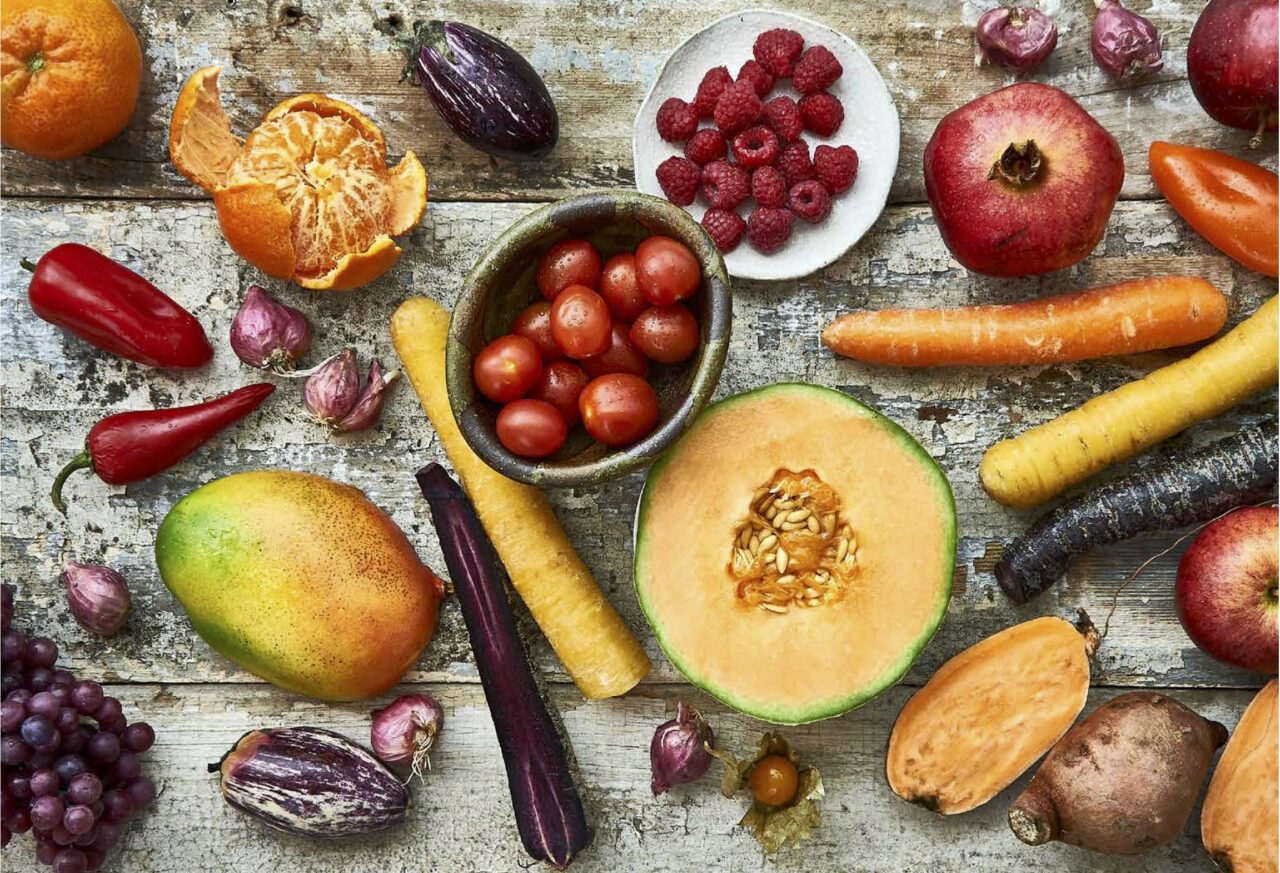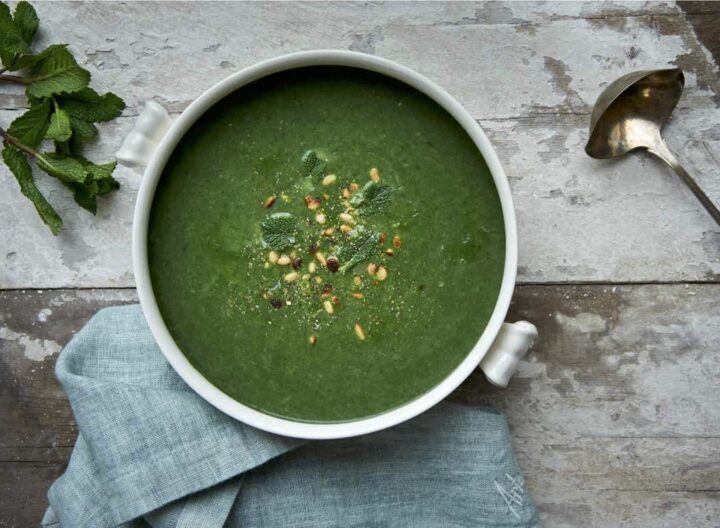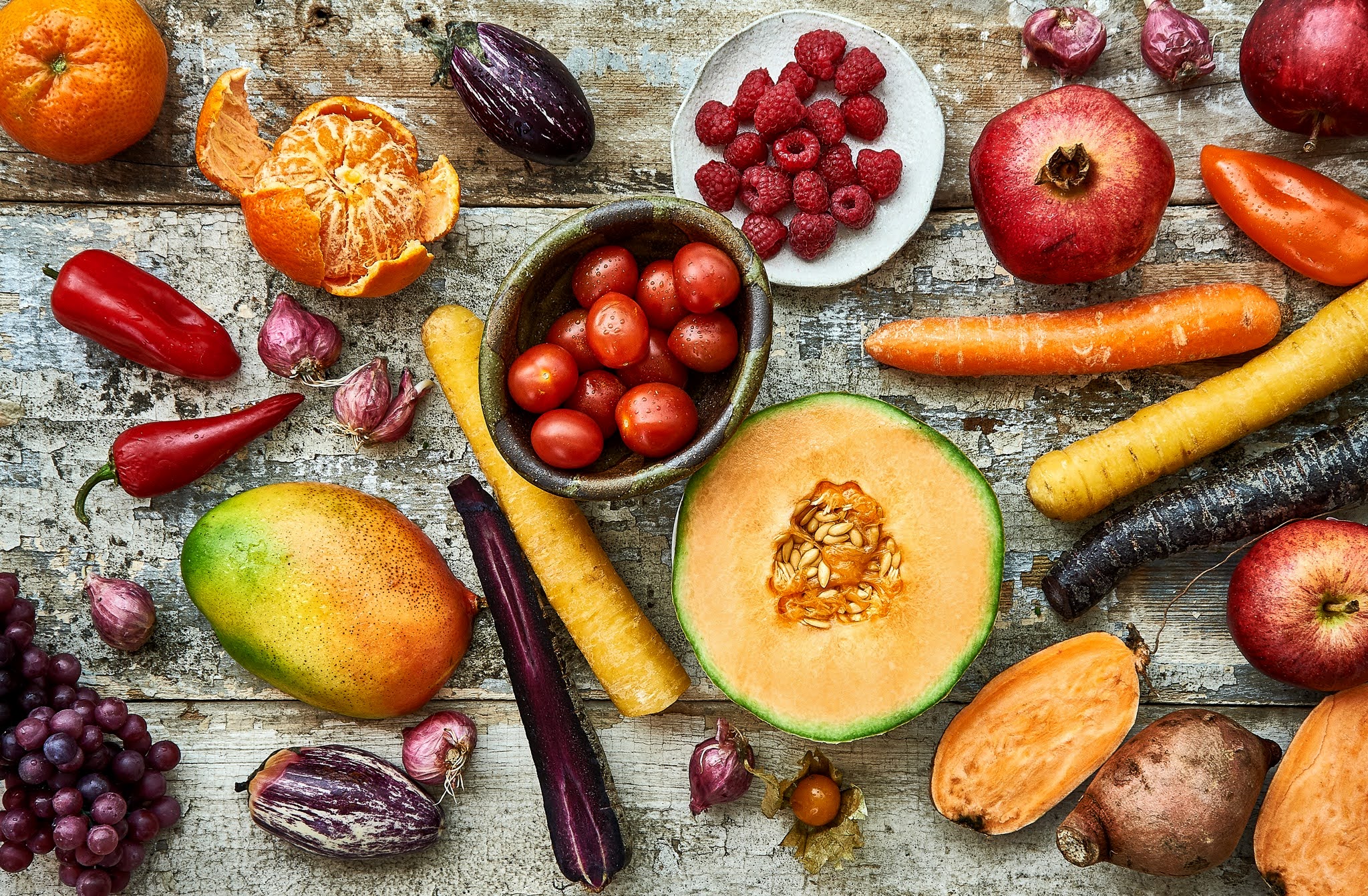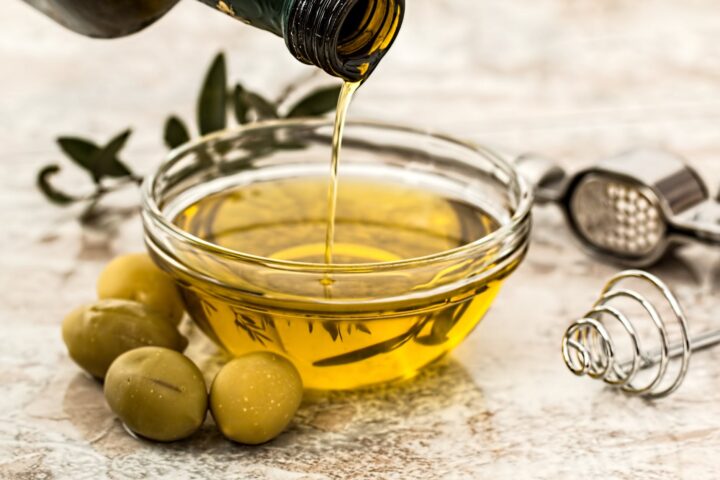Losing weight is difficult but putting weight on can surprisingly be even more difficult. For the elderly, this can be a big issue. Older people, living alone, sometimes neglect to make themselves regular meals and can quickly lose weight and muscle mass, making them more at risk of weakness or falls, especially if at the same time they are not drinking enough water. Is this happening to one of your family or someone you care for?
Hiding the Facts
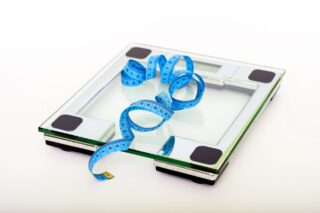
It can be hard to tell what is happening, especially if they are denying any problems and maybe wearing loose fitting clothes. Social distancing, due to the coronavirus, adds to the difficulty and certainly depression and loneliness can sap one’s appetite and motivation to cook proper meals. Providing a set of scales and suggesting weekly weigh-ins can be very helpful. If weight is static it is much less worrying than if it is falling. Taking height into account, it is easy on your phone or internet to calculate the BMI (body mass index) using both the height and weight and if over 20, this is again reassuring.
Another very useful measure is mid upper arm circumference. One simply measures around the upper arm, halfway between the tip of the shoulder and the point of the elbow. If this is over 23cm, again this is reassuring.
“Jean” of Manchester
A typical example is Jean. (Not a real person.) She is a widow, living in Manchester. Unfortunately, all of her family are in other cities and there is a son in Israel. Fortunately, she gets meals delivered to her home, but she has lost her appetite, especially since she herself was infected with Covid early during the epidemic and her sense of taste and smell have not fully recovered. Sometimes she scrapes most of a meal into the waste bin, virtually untouched.
Her neighbour became concerned. Jean always used to be out in her garden pottering around, but she has been outside much less and looks a little wobbly and hesitant when walking. She phoned the GP, who arranged for the health visitor to call.
The Fridge Half Empty
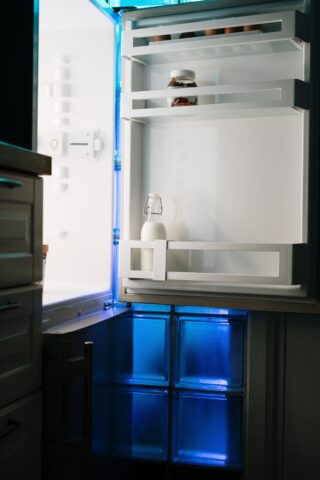
The health visitor, wearing PPE, was able to check Jean’s BMI and upper arm circumference. They were borderline, but not too worrying. She looked in the fridge and found only skimmed milk, eggs, low fat margarine and some low- fat fruit yoghurts.
The health visitor, Ruth, sat down with Jean and helped her to form a plan. She explained that if she kept leaving her meals and eating only low- fat low- calorie foods, she was more likely to continue to feel weak and might end up having a serious fall or even collapsing.
“Eat like a bear”
‘Jean, I want you to start to eat like a bear!’ said Ruth. Jean was baffled by this. Ruth continued: ‘You know how strong a bear is, well I’d like you to start to have more salmon and berries, nuts and eggs, to get lots of protein and fish oil. Might you be able to do this? Ruth agreed but had some difficulties with nuts and how they got in her false teeth.
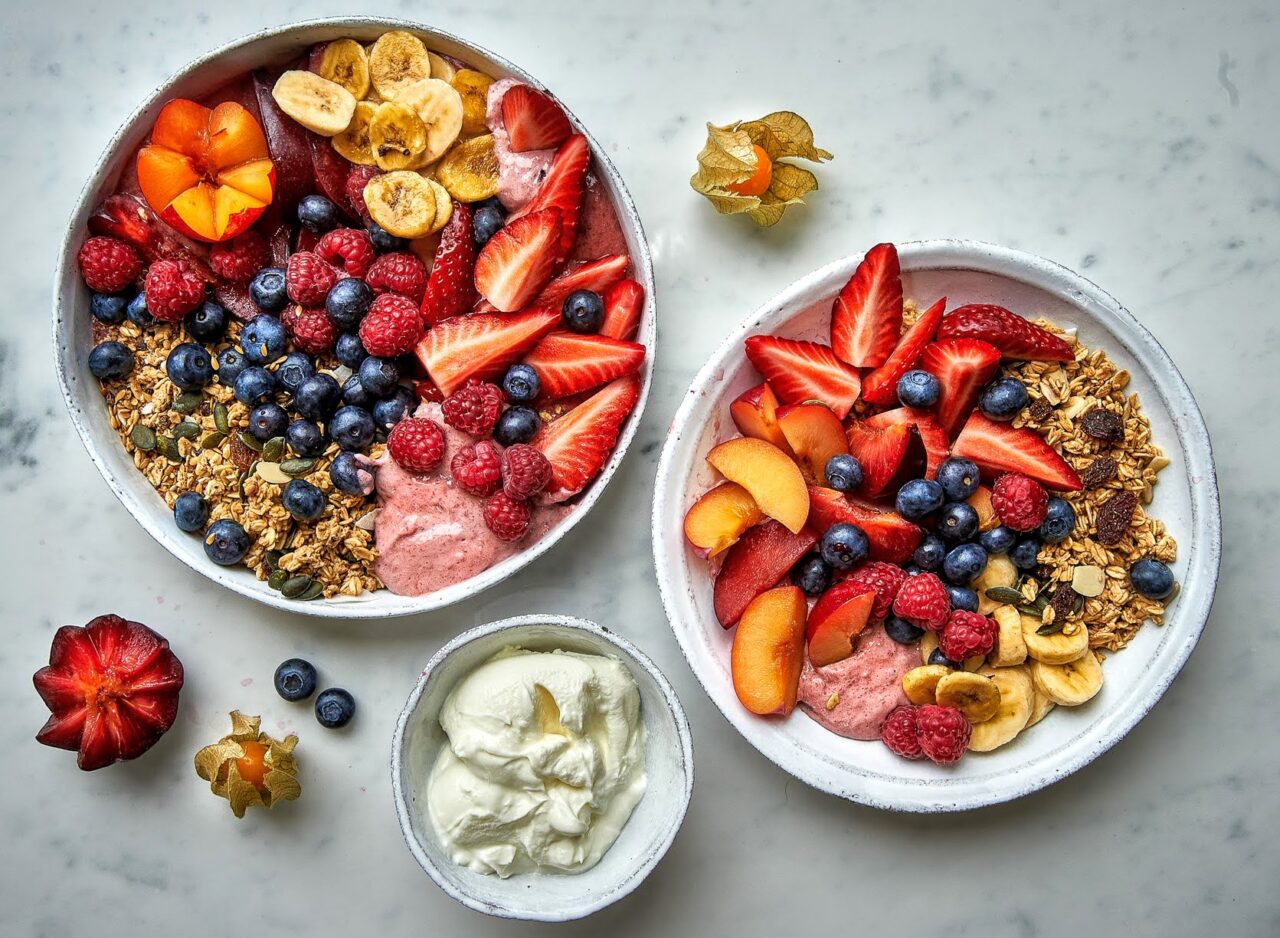
They settled on smooth low-sugar peanut butter. She was able to request extra fish meals from the delivery service. Ruth continued: ‘This bear loves milk and cream and laps up lots of water.’ Jean was dubious, ‘Do bears actually drink milk?’ Ruth wasn’t sure, ‘But for you this is going to be important. A full fat yoghurt is high in protein, while a low- fat fruit yoghurt has much more sugar.’ Jean said that she loved slices of banana with cream. ‘Now you’re talking!’ responded Ruth.
Spice it Up
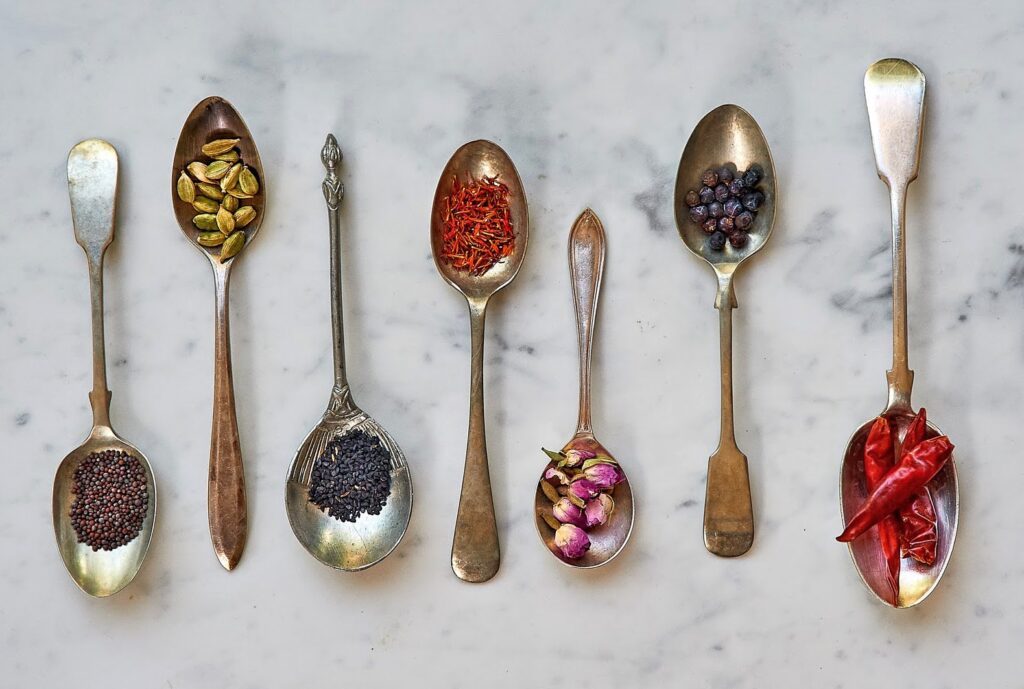
“Lastly, I’d like you to add some spice to your food, so that you might taste it better,” added Ruth. “You can keep it simple, with a bit of paprika, nutmeg, curry powder or just black pepper but go easy on the salt! You don’t want to be putting up your blood pressure. If your food has good flavour, you’re more likely to want to eat.”
Hydrate
This approach worked well for Jean. She didn’t need to have build-up drinks, just healthy foods and lots of protein and dairy fat. On days when her appetite was still poor, she added extra milk powder to her drinks. She bought a special beaker, recommended by Ruth, which measured how much water she was drinking and tried to keep an eye on this. She felt less tired and wobbly and gradually ventured out into her garden with growing confidence.
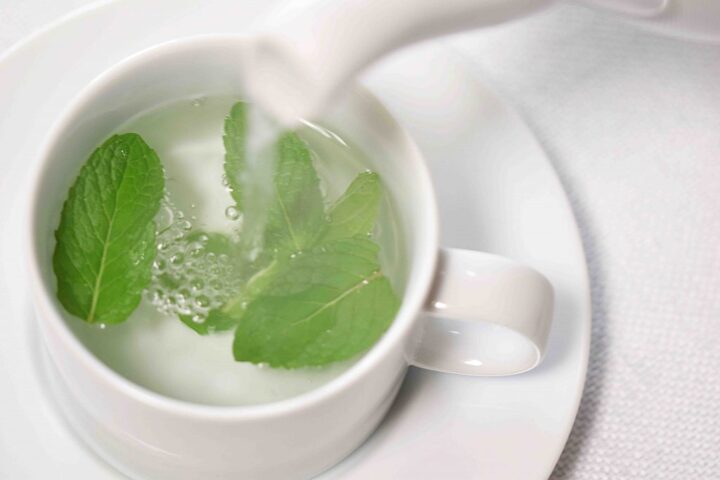
With thanks to Steven Edwards for his help with this article.
Click here for guidance from Age UK Salford on Improving Nutrition when underweight.

